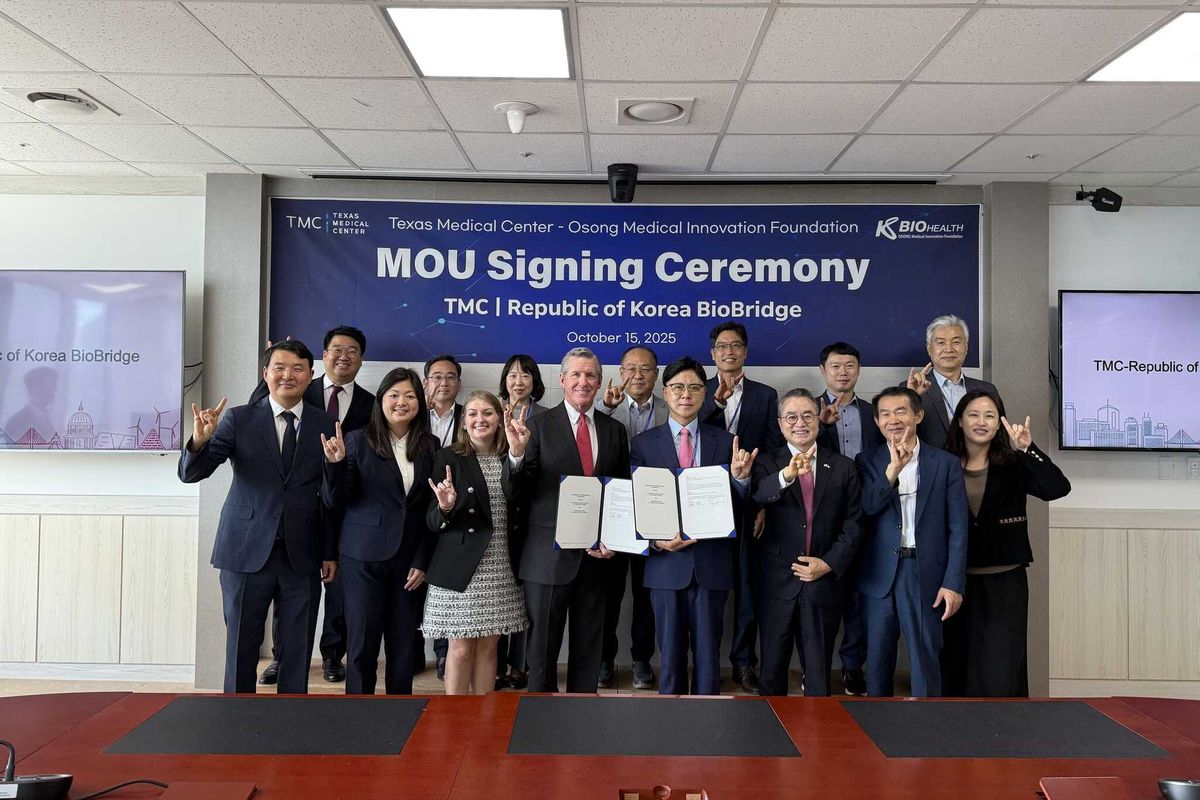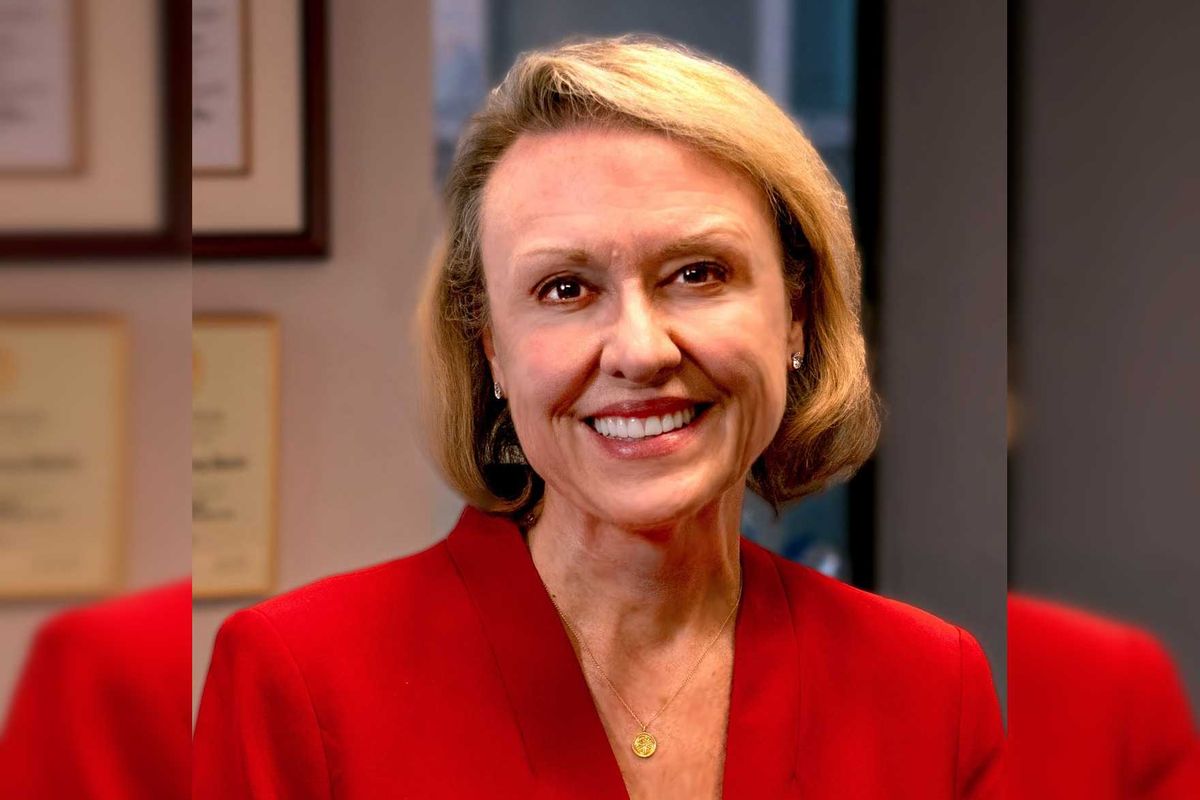Houston's busiest Chick-fil-A flies solo with new driverless delivery
This article was written by CultureMap Columnist Ken Hoffman and originally appeared on CultureMap's Hoffman's Houston editorial series.
Next time you order “curbside delivery” from the Chick-fil-A on Kirby Drive and the Southwest Freeway, one of the top performing Chick-fil-A’s in the country, don’t be surprised if your Spicy Chicken Sandwich and waffle fries are delivered by a driverless three-wheeled electric vehicle that looks like a cross between a Big Wheels kiddie car and the Mars Rover.
It’s a first in Houston. Chick-fil-A has partnered with Faction, a California-based company that develops autonomous (driverless) fleets. Earlier this week I met with Ain McKendrick, the founder and CEO of Faction, who explained how Chick-fil-A’s futuristic curbside delivery system works.
The key word is curbside. Unlike popular food deliverers like DoorDash and UberEats, Faction’s robotic vehicles don’t involve a human driver who will bring the food to your door, with the expectation of receiving a tip.
When a Faction vehicle delivers your food, you will get a text that the vehicle has arrived, and you’ll walk to the curb and pick up your food from the car that’s parked in front of your house. Throw some clothes on, please. The neighbors may see you.
When you order from the Kirby/Southwest Chick-fil-A on the Chick-fil-A app, and click on delivery, you’ll be given a choice of how you want your food brought to your house. You can still request DoorDash or another service. If you choose “curbside delivery,” watch for a Faction vehicle pulling up in front of your house. You’ll pop open the storage door, open the separate boxes that keep your sandwiches and fries toasty and your soft drinks cold, and run back into your house to dig in.
Right now, the Kirby/Southwest Freeway Chick-fil-A is using two Faction vehicles to supplement the regular delivery cars during crush time. Faction promises (they couch the claim by saying “estimates”) you’ll get your food within 30 minutes. Currently human “supervisors” are doing ride-alongs while the vehicles are mapping out the restaurant’s four-mile delivery area. Faction follows its vehicles’ progress on a video board at home base making sure each delivery goes right.
The electric vehicles are licensed and insured and can do 75 miles-per-hour on highways. But because of Houston’s notorious traffic, Faction has programmed the vehicles to stay on surface streets and below the speed limit. That’s how I get around, too. I got tired of that inexplicable traffic jam on the Southwest Freeway when it bends toward downtown.
McKendrick said the driverless vehicles will have memorized Houston streets well enough by August to operate without human supervisors.
Will customers be OK with their Chick-fil-A food delivered by driverless vehicles? So far it’s not a problem. In fact, McKendrick said some customers wait outside with their phone cameras ready so they can share photos of the delivery. Sharing their waffle fries is a different story.
I’m a skeptic when it comes to electric and driverless vehicles. I asked McKendrick …
What happens if a dog runs in front of a Faction vehicle? He said it will automatically stop for the pooch.
What if there’s a children’s birthday party on my block and there’s no parking space in front of my house? He said the vehicle will pull to the side and flash warning lights until the customer picks up their food.
So what’s in it for Chick-fil-A to partner with Faction? Kirby/Southwest Freeway Chick-fil-A owner Jesse Chaluh said it’s a more efficient way of offering delivery service to his customers. He thinks that his restaurant eventually will require five or more Faction vehicles to handle the demand.
While each vehicle currently delivers one order to one customer per run, eventually the technology will improve where each vehicle will be able to make several deliveries with each foray onto the streets of Houston.

 Autonomous Uber Eats coming soon — thanks to Nuro. Photo courtesy of Nuro and Uber
Autonomous Uber Eats coming soon — thanks to Nuro. Photo courtesy of Nuro and Uber



